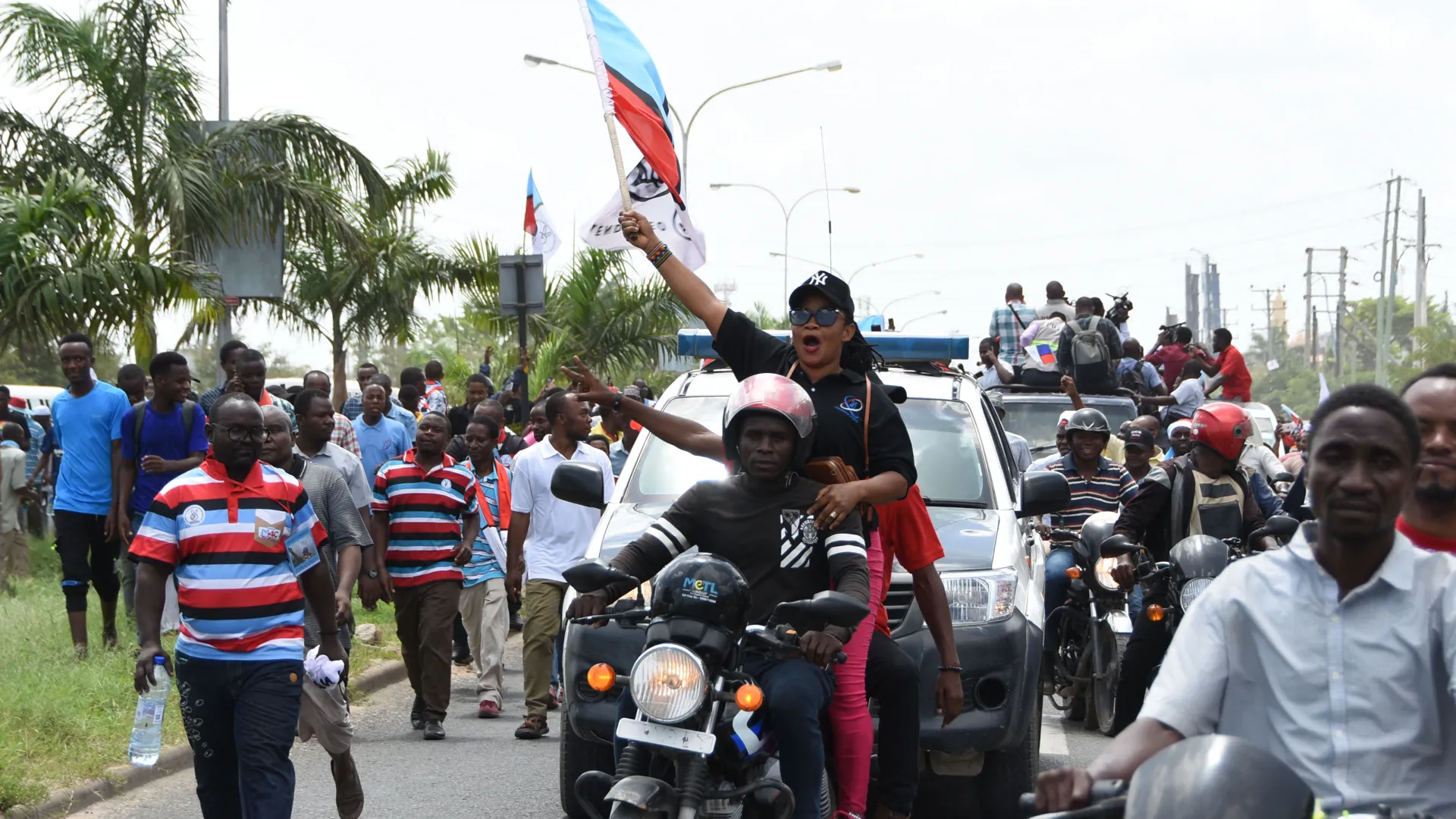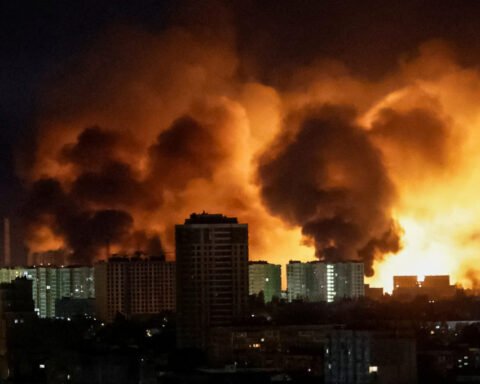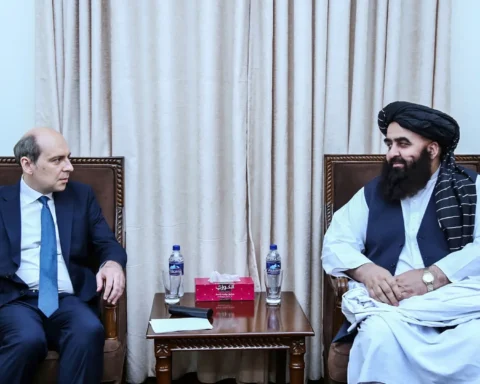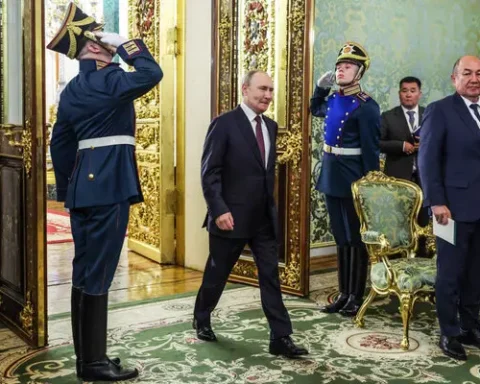Tanzania’s Police Force has officially banned the opposition Democratic Change Party’s planned protests for September 23, 2024, amid growing tensions over the abductions of party members.
The protests were announced by party chairman Freeman Mbowe, who called on residents of Dar es Salaam and citizens from various regions to gather and demonstrate against the government’s inaction on recent disappearances.
Addressing the public from Moshi on September 13, 2024, police spokesperson David Misime made it clear that the protests were illegal and would not be allowed to proceed. “We are fully aware of the announcements made by opposition leaders calling for mass protests starting on September 23,” Misime stated. “Any individual who participates will face the full force of the law.” He stressed that the police will act firmly to maintain national security and public order, asserting that the opposition’s agenda threatens to disrupt peace and stability.
Misime further pointed out that these planned protests could derail ongoing investigations into the alleged abductions, following President Samia Suluhu Hassan’s directive to law enforcement to thoroughly investigate the disappearances. “This investigation is active, and we question the intentions behind calling for these demonstrations while the probe is underway. It seems like an attempt to derail the process and inflame public sentiment,” Misime added. The spokesperson reaffirmed the police’s commitment to enforcing the ban, stating, “We will not tolerate any gatherings aimed at causing unrest, and the protests are hereby prohibited.”
The opposition’s call for protests came in response to a series of unresolved abductions of Democratic Change Party members and activists. In a fiery press conference held on September 11, 2024, Mbowe gave the government an ultimatum: return the abducted individuals by September 21, or face nationwide demonstrations. “We demand answers, and we will not rest until our members are returned safely. If they are not, we will rise up in every ward and street,” Mbowe declared.
The Democratic Change Party has accused the government and security agencies of being complicit in the abductions, which have escalated in recent months. Mbowe has called for an independent investigation, advocating for the involvement of international bodies such as Scotland Yard to ensure transparency and impartiality. “We cannot trust our local institutions to investigate themselves. We need external expertise to bring those responsible to justice,” Mbowe stated during the press conference.
Read More; Dar RC Chalamila Urges Regulation of Fertility Clinics
Despite the police’s warnings, opposition leaders remain defiant. Mbowe and other senior party figures, including Tundu Lissu, have continued to urge their supporters to prepare for mass action. They argue that the protests are a necessary step to pressure the government into addressing the abductions and to demand accountability from top officials in the security sector. Lissu, echoing Mbowe’s sentiments, criticized the police for their role in the alleged human rights abuses, calling for the resignation of senior security figures, including the Inspector General of Police and the Director General of Internal Security.
As the deadline set by the opposition nears, tensions in the country continue to rise. While the police have banned the protests and vowed to take strong action against participants, the Democratic Change Party insists that it will not be silenced. This looming standoff is shaping up to be a significant test of the government’s ability to maintain order while addressing growing discontent among opposition supporters.
Political observers warn that the situation could escalate if the government fails to address the opposition’s demands or if the police respond harshly to the protests. “This is a critical moment for Tanzania,” said one political analyst. “How the government handles these protests, and whether they can offer any resolution to the issue of the abductions, will determine whether this tension leads to further instability.”







As I website possessor I think the articles here is real good, thanks for your efforts.